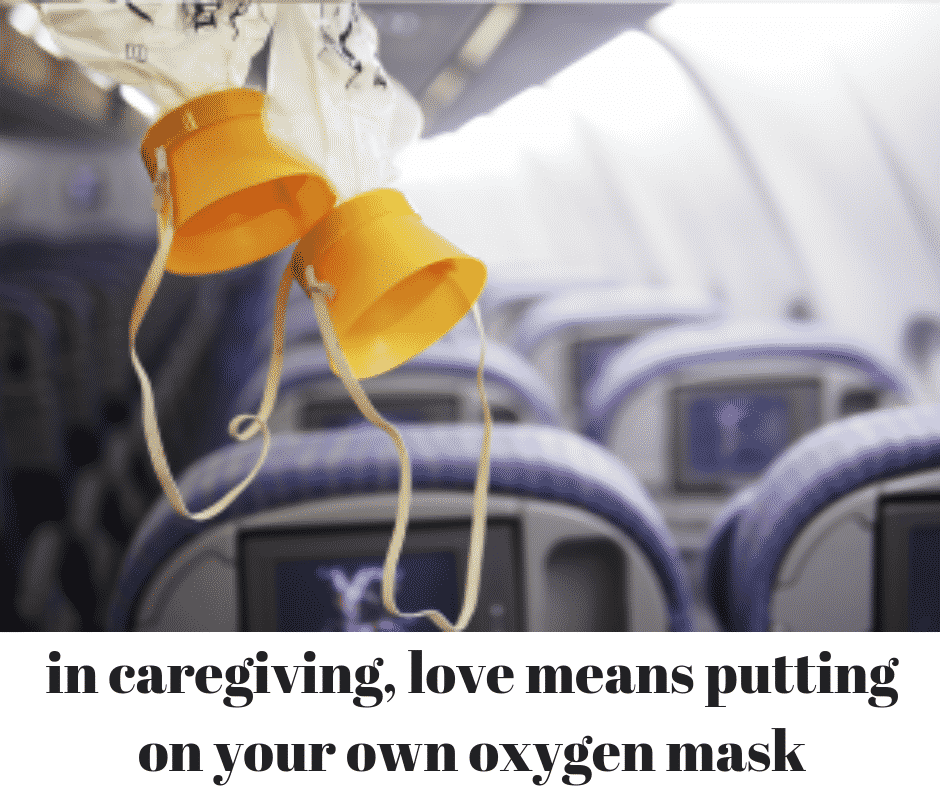Can we care too much? Can we love too much? Caring and loving are good things, but when does it become too much of a good thing?
Love is a master of disguise
Sometimes what pretends to be love isn’t genuine love. Trying to please people and make them happy is often motivated by selfishness and fear. Sometimes we care to excess because we hope we will be cared for in return, which rarely happens. Sometimes we try to please and care for someone out of the fear of angering them. And sometimes we are so afraid of feeling guilty that we give in to excessive demands for care even when those demands are unreasonable. That’s why it’s important to distinguish between caregiving out of genuine love, caregiving with an agenda, and caregiving out of manipulation.
When is too much love bad when it comes to caregiving?
Studies show that our approach to caregiving has an impact on recovery. When looking at patients with chronic pain, psychologists looked at three types of caregivers. The first group of caregivers responded to complaints of pain with caring and devotion. The second group responded to complaints of pain with criticism and rejection. The third group responded by trying to distract the patient and get them involved in other activities or conversation.
When looking at how the patients with chronic pain responded to the different styles of care, they found the patients in the first group, who had the “nice” and seemingly loving caregivers, did the worst. Patients in the second and third groups, being cold or using distraction, did equally well in their physical recovery. While both methods were helpful, distraction provided the best results because it showed lower rates of depression and anxiety. The patients with cold and critical caregivers recovered well from their physical disability but were more anxious and depressed. The kind and loving caregiver who used excessive niceness unwittingly interfered with recovery.
How caregiving can interfere with improvement
One way to understand how excess caregiving can interfere with improvement is through attachment theory, a subfield in psychology that studies how humans bond. A behavior first studied in animals, psychologists learned that expressions of pain and distress elicit an instinctual response of care and comfort. Humans do the same thing. Without doing so deliberately, humans solicit caregiving from others without being in true distress. They get hooked on getting the caring response from others and learn to con them into giving continued care by exaggerating their distress.
Some people know how to use attachment theory well. I had a neighbor who managed to get her daughter squeezed in for pediatrician appointments when I couldn’t get urgent appointments for my son. I asked her what trick she used, because, after all, it was the same doctor’s office. She explained that she waited until her daughter was crying to call the doctor’s office. When the office staff heard her child crying, they were more likely to squeeze her in for an appointment. This shows how we respond to audible distress, even over the phone.
People with advanced dementia may instinctively use this method to get care. I knew a patient in a nursing home who experienced a medical problem that caused a sudden, but temporary, loss of vision. This happened in the lunchroom of the facility, and when it did, she cried out, “I’m blind!” The staff and other residents came running to help. After this medical problem was resolved, however, she continued to regularly yell when in the lunch room, “I’m blind!” Her intentions were not mean or malicious. She simply learned, despite her dementia, that good things happened when she yelled, “I’m blind!” She didn’t quite realize that this strategy was only effective in the short run and people quickly learned to ignore her.
The “right” amount of caregiving
We all are likely elicit a caregiving response to some extent at times. But as a caregiver, you need to stay aware of real distress and exaggerated distress to moderate your caregiving because, remember, too much love— too much caregiving— can hinder recovery.
Sometimes it’s not the patient’s doing that causes us to care too much. If we are caring to excess out of fear, or a misguided wish to be loved in return, not only are we interfering with recovery or improvement, but we are certain to be disappointed. It can lead to bitterness and resentment in the caregiver when we finally realize we are being “conned.”
So how do we care for someone with the “right” amount of love? First, we need to be honest with ourselves and understand our motivations. Then we need to be direct and open with those we care for. Instead of reacting to a demand, give yourself permission to say “I think you can do that yourself, that would be better for you,” when that is how you feel. Caregiving should be done out of genuine love. Genuine love always begins with loving and caring for yourself first, then sharing your love with others.
Change for the better
So, take a moment to pause and put on your oxygen mask. Take a fresh look at your caregiving situation. If you believe you are caregiving for reasons other than genuine love, it will help everyone if you change your behavior. When you change your response to complaints of pain, you may change the outcome for the person you are caring for. The change may not be immediate, but just like the person with dementia, the individual may learn that what was working no longer is, and they will change. Then you will be free to care with love.


